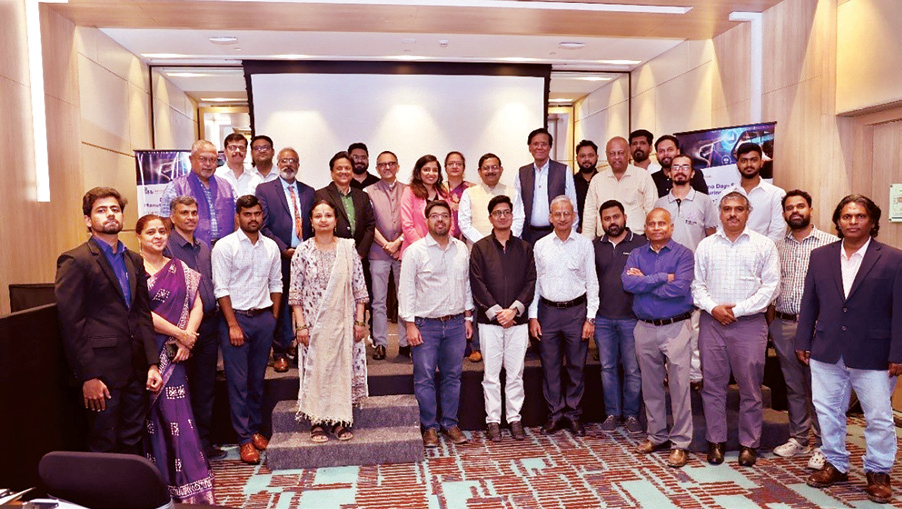
Aphasia a language disorder
Dr Surbhi Chaturvedi
An estimated number of around ten lakh individuals are affected every year by this disorder, which is caused as a result of stroke whether ischemic or haemorrhagic, head injury, tumour or other neurodegenerative disorders. In fact, this number could be much higher, given that there has been no single registry for aphasia and related disorders that provide credible data to authenticate it.
Aphasia occurs from damage to portions in the left side of the brain responsible for language for most people who are right-handed. For the lefthanded, however, the damage could be in either side of the brain. Aphasia can occur in any age group depending on the cause and in people with both vegetarian and non-vegetarian food habits.
It has however been noticed that a majority of middle and older aged people can be affected by aphasia due to the higher risk and incidence of stroke and neurodegenerative diseases in these age groups. Physical inactivity, high cholesterol, high blood pressure, genetic history of heart disease are some of the major risk factors for stroke and subsequent aphasia.
Early signs of aphasia include difficulty in naming things, difficulty in communicating thoughts to others, slow speech with difficulty in constructing sentences, naming things, grammatically wrong sentences, usage of wrong but related words, including words that do not make any sense, difficulty in understanding what others say, difficulty in reading or difficulty in writing.
The severity of aphasia depends on its aetiology and area of the damaged brain. The most important question that would be on everyone’s mind would be whether this condition can be cured. Studies have reported that 21% - 35% of stroke survivors are left with residual aphasia requiring chronic rehabilitation.
While there is no definite answer, the prognosis for full recovery of aphasia is good, if intervention is timely. Early initiation of speech and language therapy along with pharmaceutical therapy can lead to major gains.
Among all therapies, speech and language therapy holds maximum importance in treatment of aphasia. Speech pathologists can have a conversation with the patient to evaluate his ability to express himself and to carry out commands, so to determine the further course of therapy. It requires significant oneto-one repetitive therapy.
Most recovery occurs within the first few months and plateaus after one year. Some scientists have explored non-invasive brain stimulation like transcranial direct current stimulation for treatment of Aphasia. Preliminary evidence shows that such therapies can be a useful tool but further research is required to prove its efficacy.
Diabetes, cholesterol and hypertension management, eating healthy, daily exercise, reduction of alcohol consumption, quitting smoking and maintaining good immunity levels to avoid stroke, neuroinfectious diseases such as CNS tuberculosis, neurocysticercosis can help in the prevention of subsequent aphasia due to these disorders.
It is important that caregivers are properly briefed on the condition and are given communication training. They should be involved in the aphasia rehabilitation right from the onset of therapy, even while the patient is in hospital. They should engage patients in normal activities, keep communication simple and allow the patient enough time to speak or respond. It would help to use more than one means of communication such as drawings, pictures, expressions, gestures and writing to communicate.
Caregivers should show empathy. The most crucial element for any caregiver is to encourage the patient that they can get better and motivate them to push harder. Aphasia can affect social life, and leisure activities such as travelling, reading or even watching a film. This can lead to depression in people who are affected by aphasia. Hence, close monitoring is required and if depression is present, it should be addressed and managed.
What Bruce Willis’ announcement has done is to indirectly put the spotlight on aphasia and create a sense of curiosity as to what the condition really is. An increase in awareness of the condition among the public would prove effective in ensuring that patients living with aphasia can live a normal life, and participate in social activities without being looked down upon.
(The author is a consultant neurologist and stroke specialist at Specialist Hospital.)
 English daily published in Bengaluru & Doha
English daily published in Bengaluru & Doha






